Acting Books Every Actress Needs

In every great actress’s abode, forgotten somewhere on a bookshelf or in a cardboard box, it is perfectly natural to find an acting book. Probably used and worn and though seemingly forgotten it remains priceless. Books! Precious Books. Filled with invaluable insight and knowledge for the budding actress or the professional who flip those dusty pages from time to time. Cover to cover, these Acting Books should be devoured by every developing actress. Why not do yourself a great favor and put these books on your shelf.
1. The Actor’s Art and Craft by William Esper and Damon DiMarco

William Esper, one of the leading acting teachers of our time, explains and extends Sanford Meisner’s legendary technique, offering a clear, concrete, step-by-step approach to becoming a truly creative actor.
2. The Art of Acting by Stella Adler

Stella Adler was one of the 20th Century’s greatest figures. She is arguably the most important teacher of acting in American history. Over her long career, both in New York and Hollywood, she offered her vast acting knowledge to generations of actors, including Marlon Brando, Warren Beatty, and Robert De Niro. The great voice finally ended in the early Nineties, but her decades of experience and teaching have been brilliantly caught and encapsulated by Howard Kissel in the twenty-two lessons in this book.
3. Strasberg’s Method by S. Loraine Hull
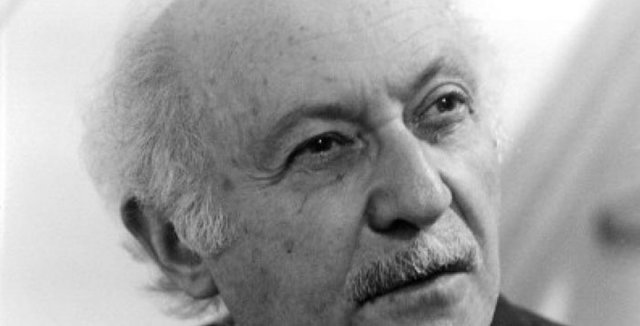
Lee Strasberg is the renowned acting teacher of the great Marilyn Monroe. Along with his wife Paula Strasberg, they are credited with bringing out the best acting abilities from the extremely popular but incredibly shy and reserved actress. Strasberg’s Method is the acclaimed book by the great acting coach and teacher. The book takes the reader through every element of “The Method” and its vocabulary: Relaxation, Concentration, Sense Memory, Affective Memory, Improvisation, Preparing and Learning the Role, Class Scene Studies, Directing, Audition Tips, Theatre Games and Exercises for Youth, among other valuable information. e.g. Appendices A & B include enlightening information about Stanislavski and Vakhtangov, while Appendix C explains “Behaviorial Psychology as a Basis for the Method.”
4. An Actor Prepares by Constantin Stanislavski
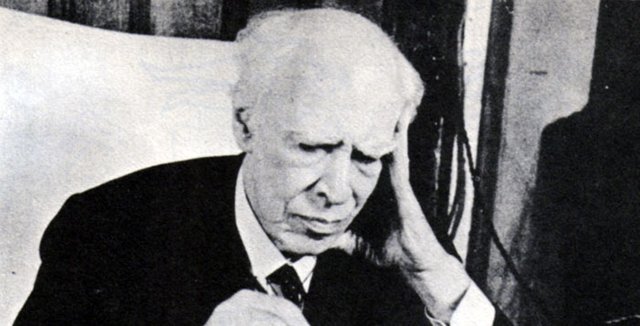
Stanislavski’s simple exercises fire the imagination, and help actors not only discover their own conception of reality but how to reproduce it as well.
5. To the Actor by Michael Chekhov
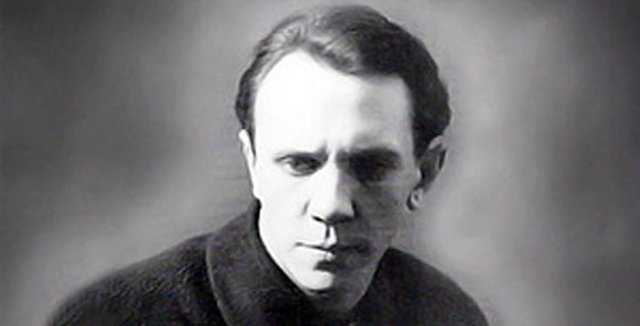
How does an actor learn to:
* Call up emotion?
* Develop a character?
* Strengthen awareness? These are essential techniques for every actor, and Michael Chekhov’s classic work To the Actor explains, clearly and concisely, how to develop them. Chekhov’s simple and practical method – successfully used by professional actors all over the world – trains the actor’s imagination and body to fulfill its potential.
6. Audition by Michael Shurtleff

Michael Shurtleff has been casting director for Broadway shows like Chicago and Becket and for films like The Graduate and Jesus Christ Superstar. His legendary course on auditioning has launched hundreds of successful careers. Now in this book he tells the all-important HOW for all aspiring actors, from the beginning student of acting to the proven talent trying out for that chance-in-a-million role!
7. Meisner on Acting by Sanford Meisner
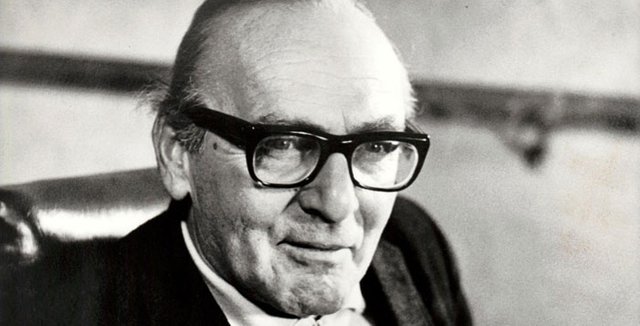
This book, written in collaboration with Dennis Longwell, follows an acting class of eight men and eight women for fifteen months, beginning with the most rudimentary exercises and ending with affecting and polished scenes from contemporary American plays. Throughout these pages Meisner is delightful, always empathizing with his students and urging them onward, provoking emotion, laughter, and growing technical mastery from his charges. With an introduction by Sydney Pollack, director of “Out of Africa” and “Tootsie,” who worked with Meisner for five years.
“This book should be read by anyone who wants to act or even appreciate what acting involves. Like Meisner’s way of teaching, it is the straight goods.”–Arthur Miller
8. Respect for Acting by Uta Hagen
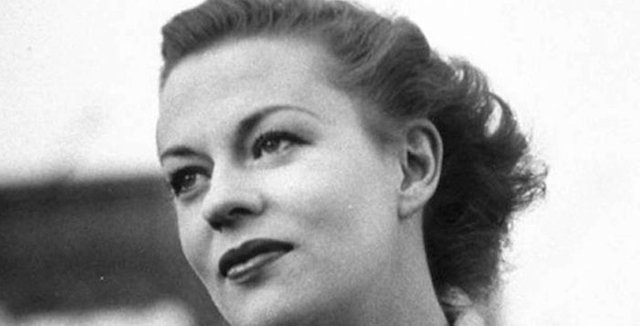
“I have attempted to break down all the areas in which you can work and search for realities in yourself which serve the character and the play…. Put your instincts and sense of truth, your understanding of human realities to use while probing and grappling with the content and the roots of the material. Be specific and real in your actions, and they will communicate your artistic statement. Bring your universal understanding of the present to the presen… as a real artist.”
— Uta Hagen
9. Improvisation for the Theater by Viola Spolin
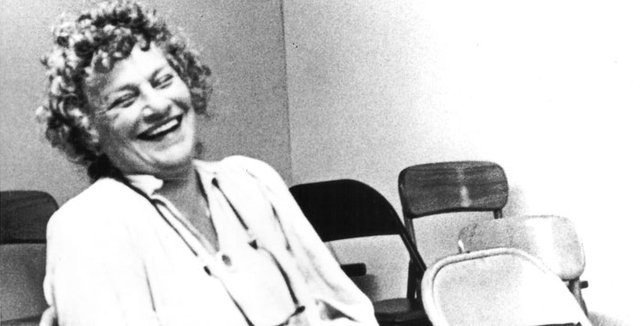
Viola Spolin’s improvisational techniques changed the very nature and practice of modern theater. The first two editions of Improvisation for the Theater sold more than 100,000 copies and inspired actors, directors, teachers, and writers in theater, television, and film. These techniques have also influenced the fields of education, mental health, social work, and psychology. This is the thoroughly revised third edition of the bible of improvisational theater.
Enjoy your acting and I wish you luck and inspiration.
Great article